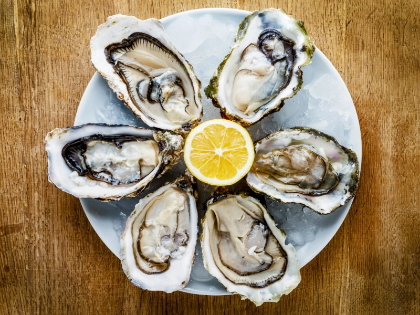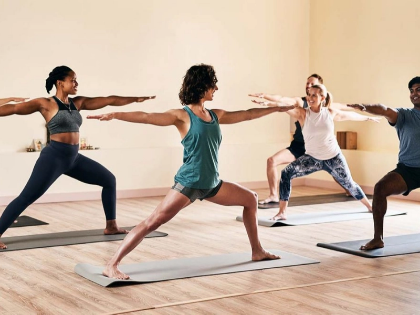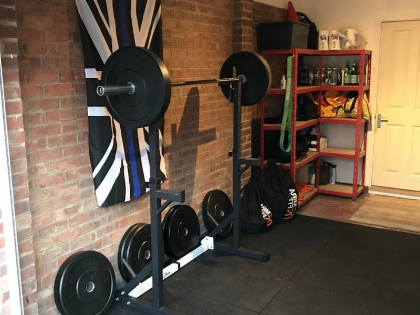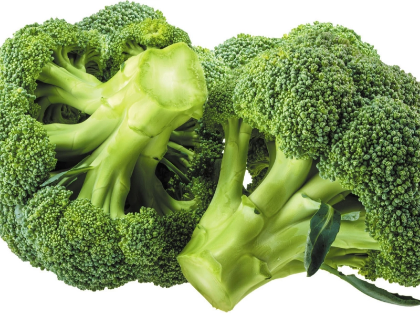Choosing the Right Yoga Mat: Choosing the Ideal Surface for Your Practice
Assessing your needs and priorities is the first step in finding the ideal surface for your practice. Think about the space you have available to store your mat, the significance of portability, and the ideal balance between stability and comfort. Different mat qualities are required for different forms of yoga. This particularly applies to texture and thickness.
Density
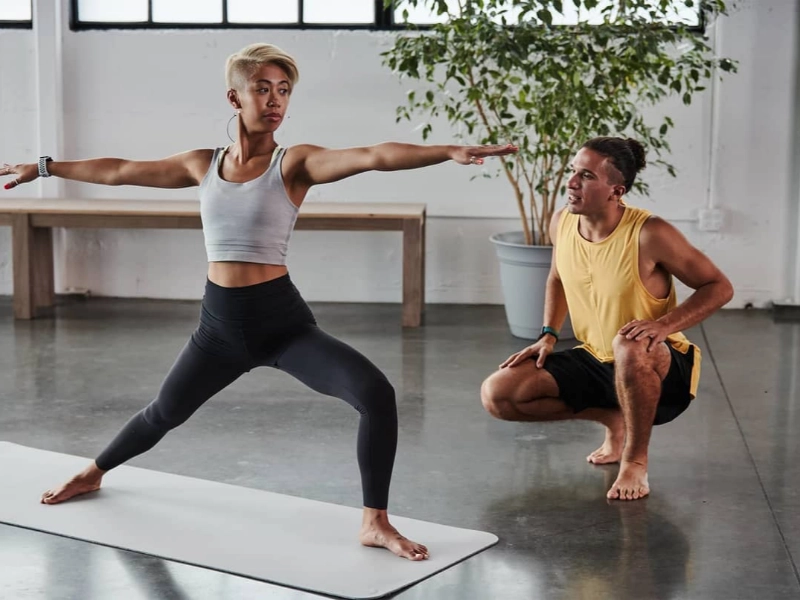
Content
 The material of the yoga mat you choose can have a big impact on how comfortable and effective you are. For those who are sensitive, allergen-free alternatives are crucial, while eco-friendly materials may be appealing to yogis who want to practise on a natural and sustainable surface.
Rough mats have a rough surface that keeps yogis from slipping and provide great grip for perspiring practitioners. Printed mats offer a distinctive look that can liven up your home studio with a dash of colour and flair.
Yoga mats made of natural, odor-resistant, and naturally anti-microbial materials, such as jute and cork, are environmentally beneficial options. They don't release toxic compounds when heated, in contrast to PVC mats. To add even more variation to your practice, some mats are reversible, with a different colour and texture on both sides.
The material of the yoga mat you choose can have a big impact on how comfortable and effective you are. For those who are sensitive, allergen-free alternatives are crucial, while eco-friendly materials may be appealing to yogis who want to practise on a natural and sustainable surface.
Rough mats have a rough surface that keeps yogis from slipping and provide great grip for perspiring practitioners. Printed mats offer a distinctive look that can liven up your home studio with a dash of colour and flair.
Yoga mats made of natural, odor-resistant, and naturally anti-microbial materials, such as jute and cork, are environmentally beneficial options. They don't release toxic compounds when heated, in contrast to PVC mats. To add even more variation to your practice, some mats are reversible, with a different colour and texture on both sides.
Feel
 Your yoga mat's texture establishes its level of traction and creates physical barriers that prevent sliding (stickiness depends on suction). More grip is provided by rougher yoga mats as opposed to smooth and soft ones. The material or pattern of the mat will define its texture.
For example, a cork mat has a rough surface that is excellent for grip and is made from a natural resource. Additionally, it has antibacterial properties, which means that fungi and bacteria cannot grow on it. First-time cork mats may smell, so air them out before using.
Your yoga mat's material will determine its cost, thickness, level of durability, and feel on the ground. PVC is a common material that is affordable, strong, and free of latex; yet, because it is not biodegradable, it poses questions with environmental sustainability. Sustainable, performance, and comfort are better balanced when using eco-friendly materials like TPE and jute.
Your yoga mat's texture establishes its level of traction and creates physical barriers that prevent sliding (stickiness depends on suction). More grip is provided by rougher yoga mats as opposed to smooth and soft ones. The material or pattern of the mat will define its texture.
For example, a cork mat has a rough surface that is excellent for grip and is made from a natural resource. Additionally, it has antibacterial properties, which means that fungi and bacteria cannot grow on it. First-time cork mats may smell, so air them out before using.
Your yoga mat's material will determine its cost, thickness, level of durability, and feel on the ground. PVC is a common material that is affordable, strong, and free of latex; yet, because it is not biodegradable, it poses questions with environmental sustainability. Sustainable, performance, and comfort are better balanced when using eco-friendly materials like TPE and jute.
Eco-friendly
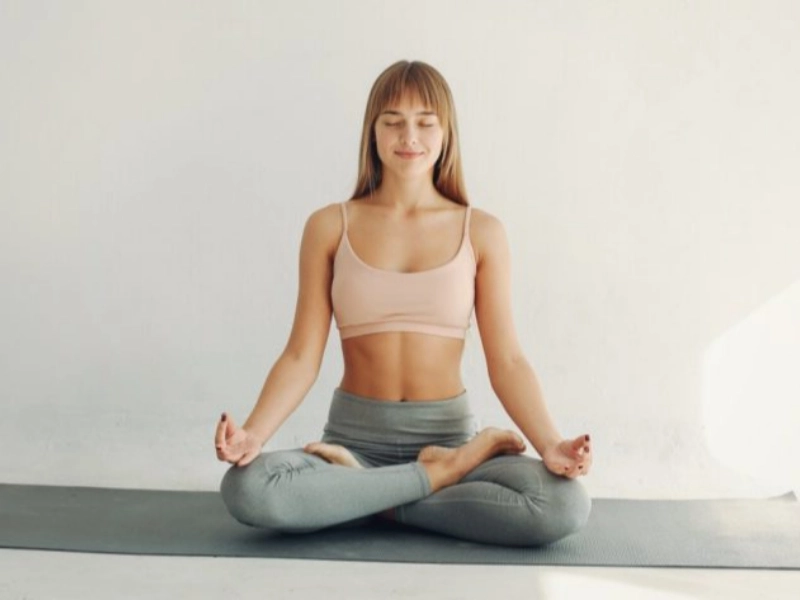 Mat alternatives that strike a good mix between comfort and utility are available for yogis who place a high value on sustainability. During manufacture, usage, and disposal, synthetic PVC mats may leak dangerous chemicals into the environment, endangering human health and upsetting ecosystems.
Natural rubber, jute, and biodegradable cork mats are biodegradable substitutes for PVC. Whereas jute and cork are thinner and more gripping, natural rubber mats are usually thicker and offer a sturdy surface for dynamic poses.
There is a yoga mat out there that is ideal for you, regardless of your skill level. To choose the best mat for your practice, take into account elements like thickness, substance, and texture. With the proper mat, you can develop a closer relationship with your body, breath, and surroundings. Cheers to your practice!
Mat alternatives that strike a good mix between comfort and utility are available for yogis who place a high value on sustainability. During manufacture, usage, and disposal, synthetic PVC mats may leak dangerous chemicals into the environment, endangering human health and upsetting ecosystems.
Natural rubber, jute, and biodegradable cork mats are biodegradable substitutes for PVC. Whereas jute and cork are thinner and more gripping, natural rubber mats are usually thicker and offer a sturdy surface for dynamic poses.
There is a yoga mat out there that is ideal for you, regardless of your skill level. To choose the best mat for your practice, take into account elements like thickness, substance, and texture. With the proper mat, you can develop a closer relationship with your body, breath, and surroundings. Cheers to your practice!

